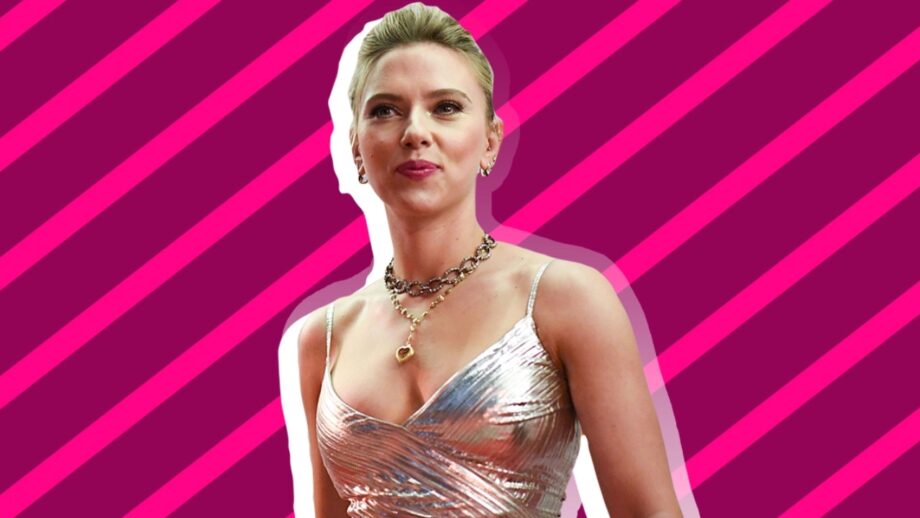Like many others, I occasionally love taking the opposing side. For instance, I enjoy debating how gefilte fish is essentially the culinary apex of Jewish cuisine. I’ll even go over some of the positive aspects of the notorious film Avatar.
This quality seems to be shared by Scarlett Johansson. But now, some think the 34-year-old actress has carried this practice a little too far, in part because of remarks she’s made this year about her contentious casting decisions and her most recent defense of Woody Allen.
1. The Ghost in the Shell Disputation, 2015–2017
Johansson received the lead role in the 2015 film adaptation of the well-known manga and anime Ghost in the Shell. Many Ghosts in Shell fans were disappointed by the casting of a white actress because the film is based on Japanese work, is set in futuristic Japan, and the main character’s name is Motoko Kusanagi. However, Johansson’s character was named Major Killiam.
Constance Wu even referred to the casting of Scarlett Johansson as “the practice of blackface employed on Asians,” claiming that the term “yellowface” would not have generated as much outrage. Wu incorrectly asserted that Paramount used racial-bending special effects on Johansson’s face (which they tested on a character in the film, and ultimately decided not to use, and never experimented with on Johansson).
As for Johansson, she stated that she believed it was vital to play a female protagonist in an action film and that she would never have accepted the job if she had thought doing so would deprive an Asian actress of the opportunity.
2. July 2019: Interview with As If Magazine
Johansson responded to inquiries regarding representation with the following statement in an interview with artist David Salle for the magazine As If: “As an actress, I should be able to play any person, any tree, or any animal, because that is my work and the needs of my job” (um, see above). Many people were outraged by the statement, especially in light of her poor past with roles that represent minorities.
Johansson retaliated by claiming that her comments had been misinterpreted. The actress recognized that “there are a lot of societal lines being drawn now, and a lot of political correctness is being mirrored in art” in the same interview.
She acknowledged that “it needs to happen for many social reasons, although there are instances when it does get uncomfortable when it affects the art because I feel that art should be free of limits,” when asked how she felt about the subject.
In all honesty, it’s not entirely apparent what Johansson is saying. She doesn’t seem to be against representation because it makes “social sense”; nonetheless, it’s clear that she is uncomfortable with how this discussion has influenced her personal artistic expression. The Daily Show’s Trevor Noah made a valid point about how crucial it is for minorities in this nation to see themselves represented on television in a non-stereotypical way:
3. That Soda Stream Ad from 2014
Johansson was involved in controversy long before the #MeToo movement when she agreed to serve as the spokesperson for Israeli company Soda Stream, which makes home seltzer makers. The agreement Johansson signed included a Super Bowl commercial. However, the business had a plant on the West Bank in 2014 (which has since been closed), and many people on Twitter as well as media like Mondoweiss and AlJazeera criticized ScarJo for the choice. She even received criticism from Oxfam.
Johansson, though, defended her choice, telling The Observer: “I was aware of that specific plant before I signed. And it still doesn’t appear to be an issue until someone discovers a solution to the factory’s shutdown and the resulting impoverishment of all those people.
https://www.kveller.com/scarlett-johanssons-long-history-of-controversy/amp/
Link for reference and images.


